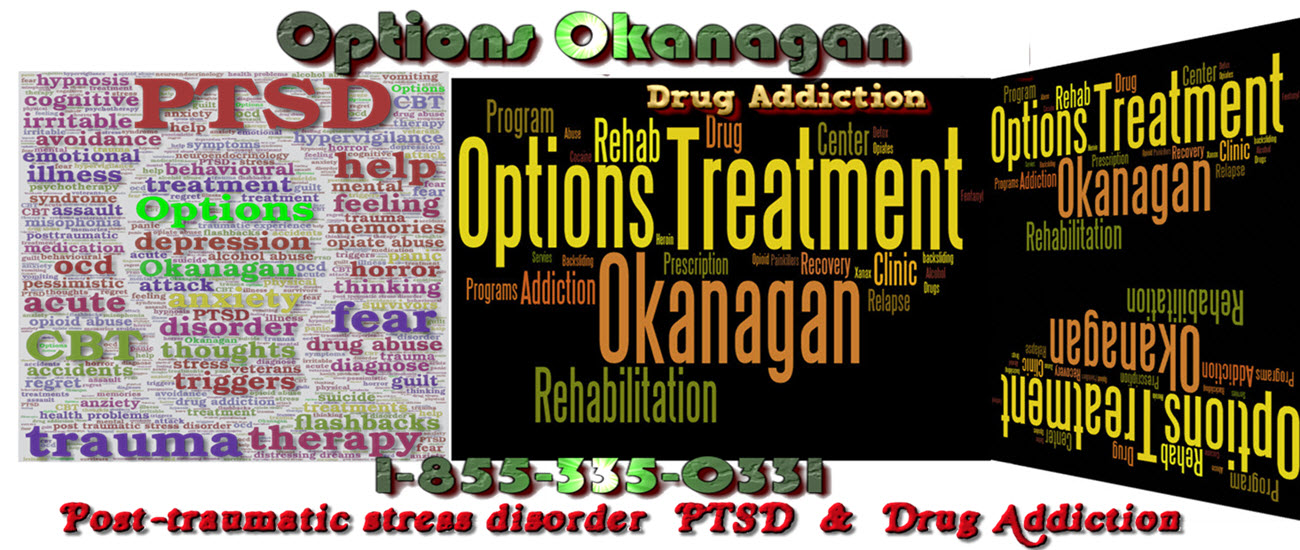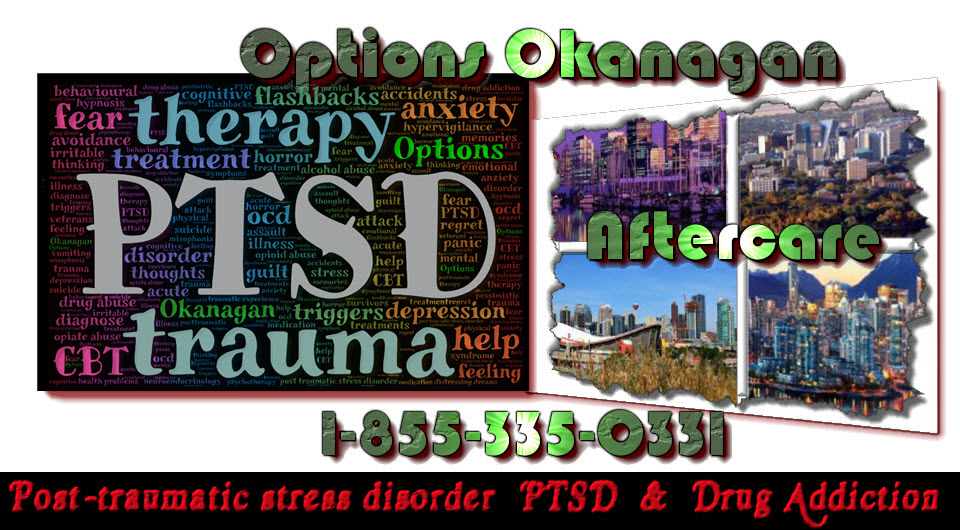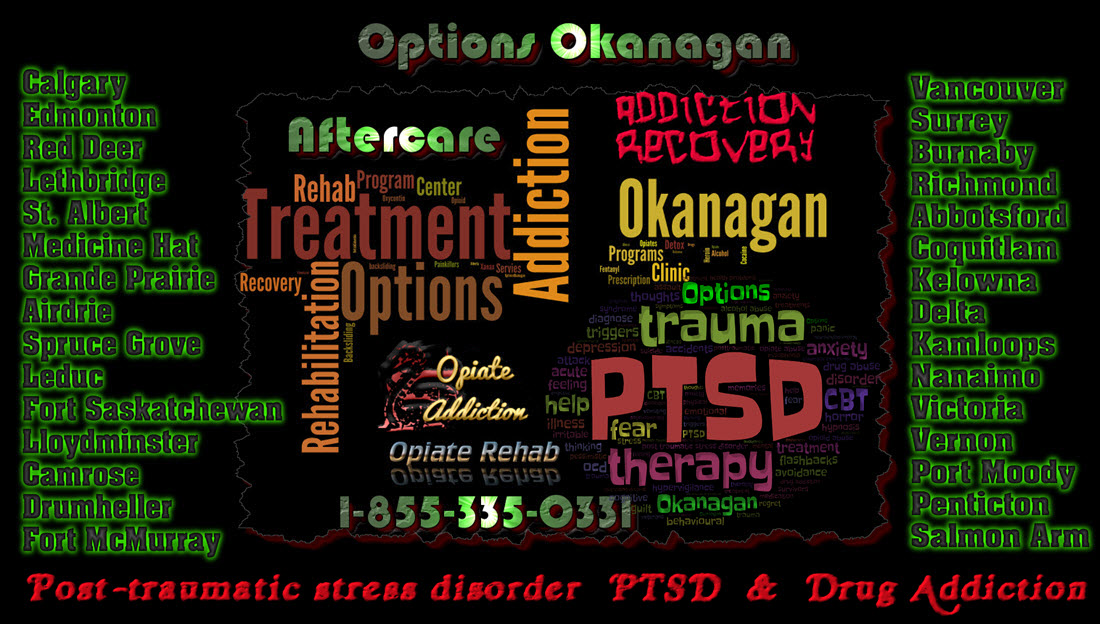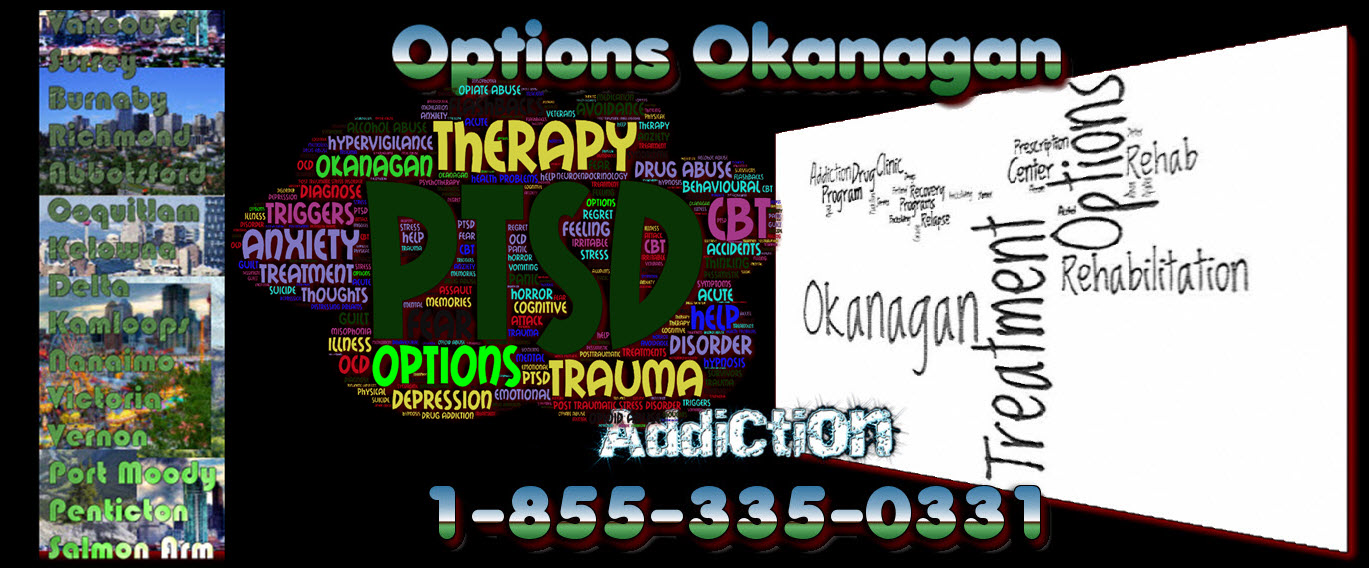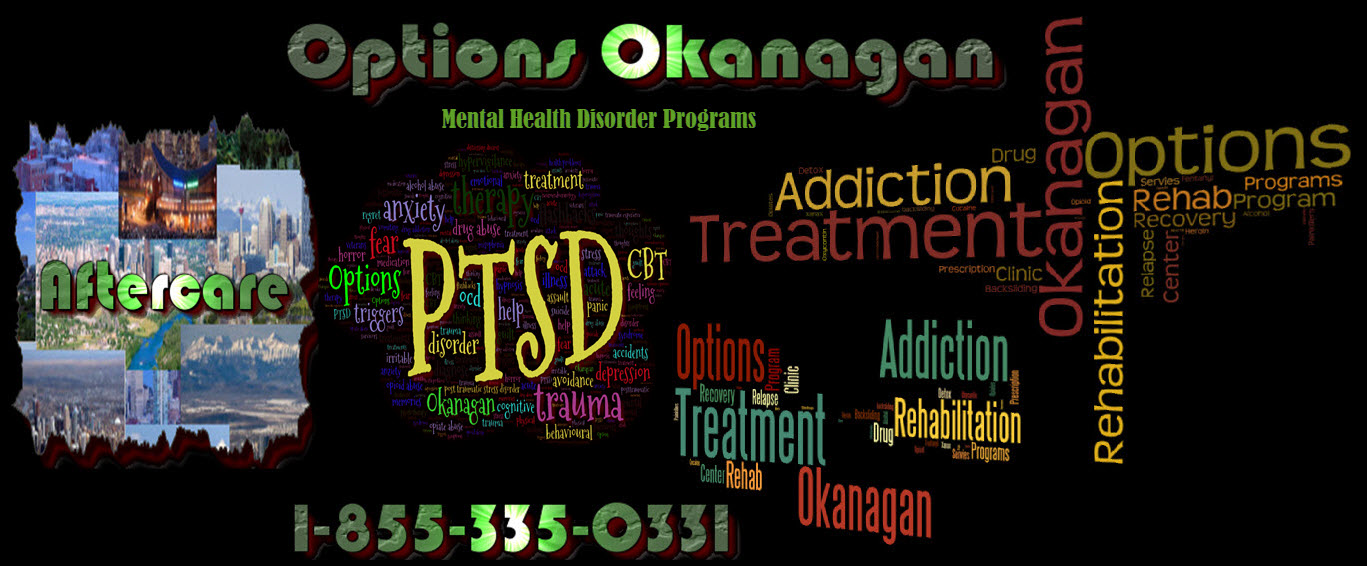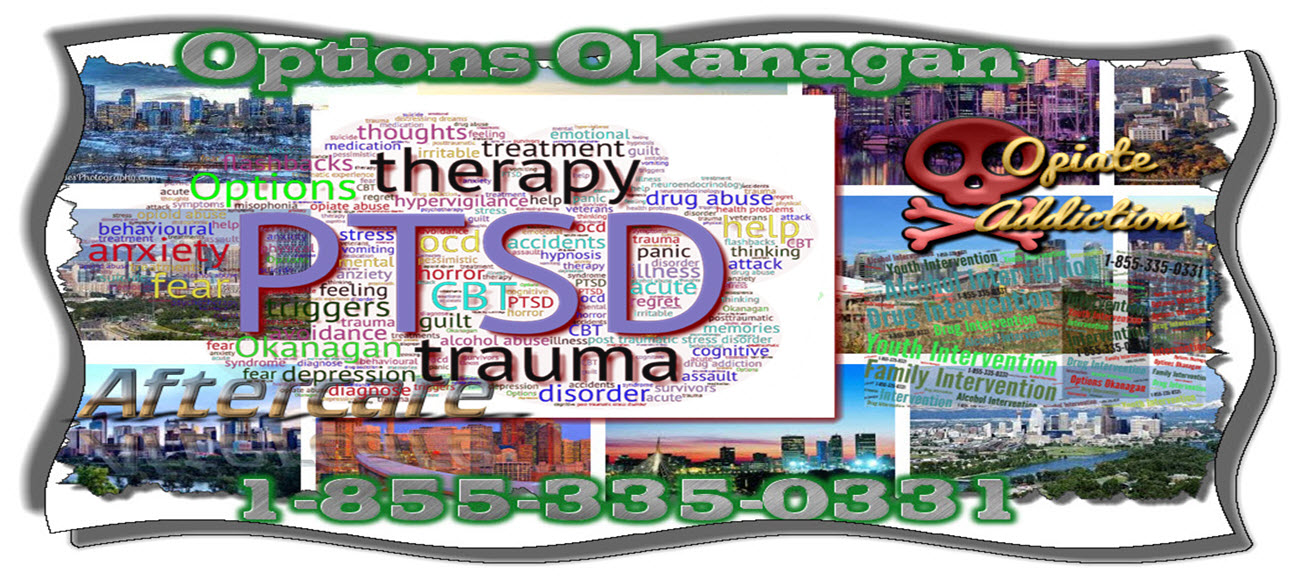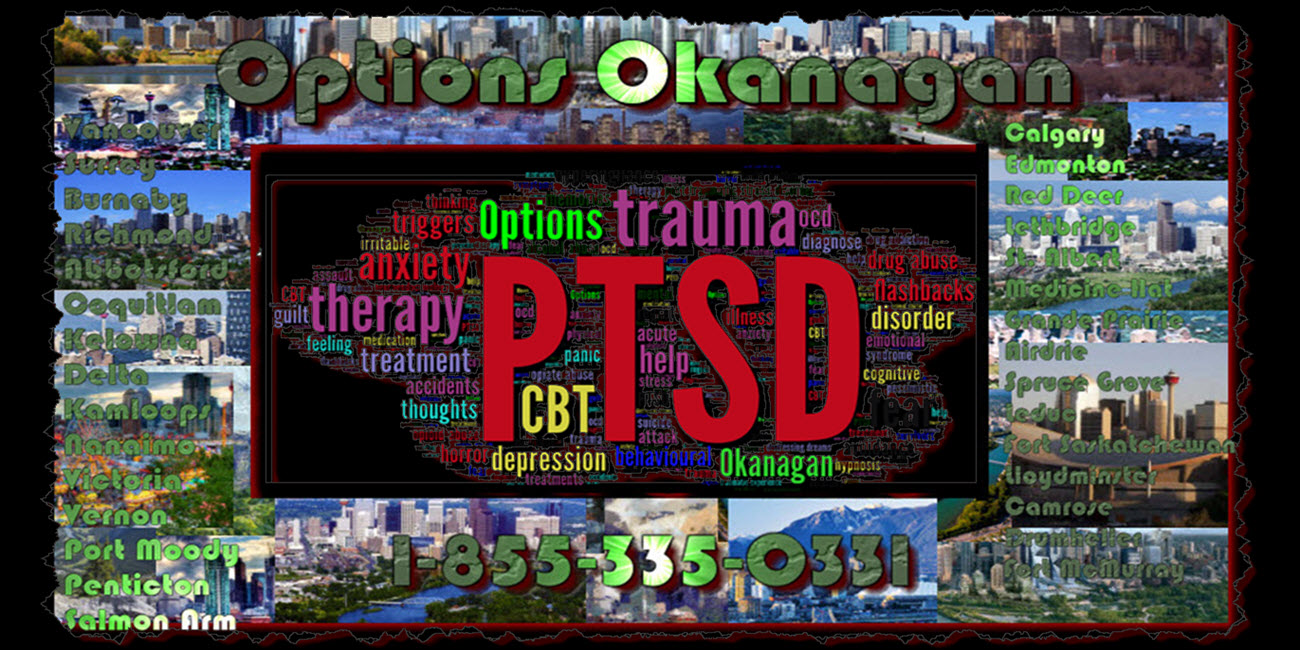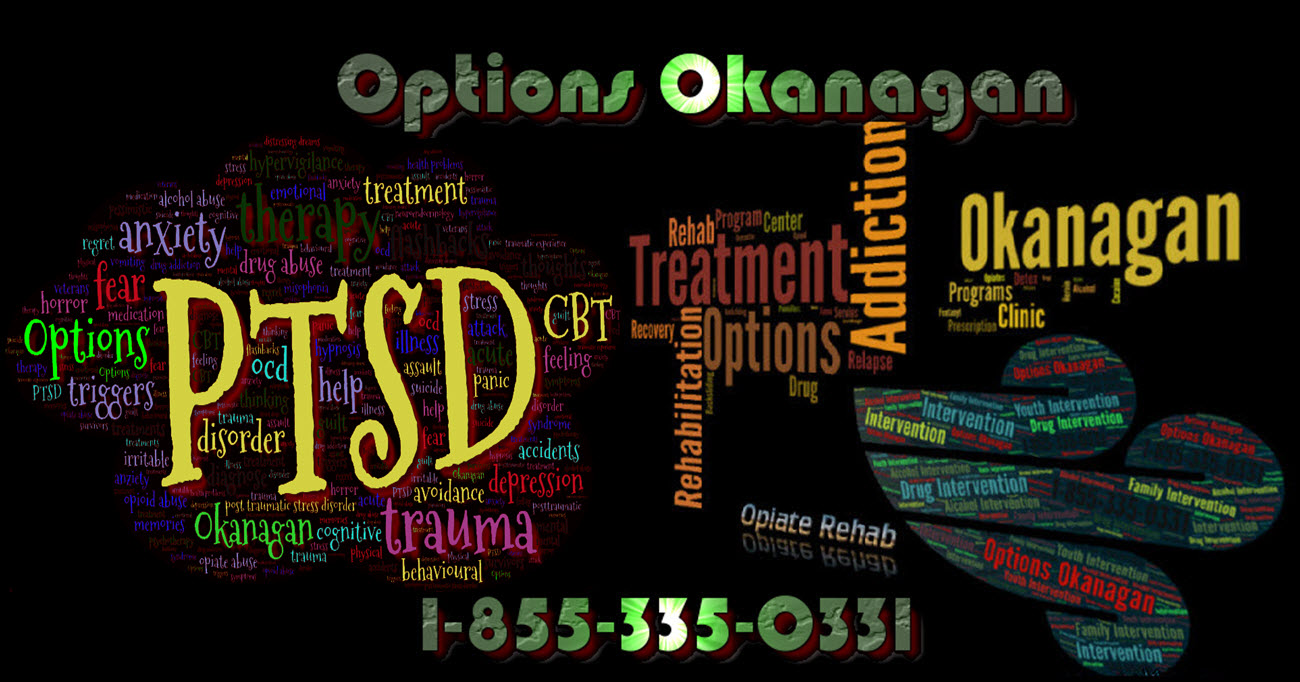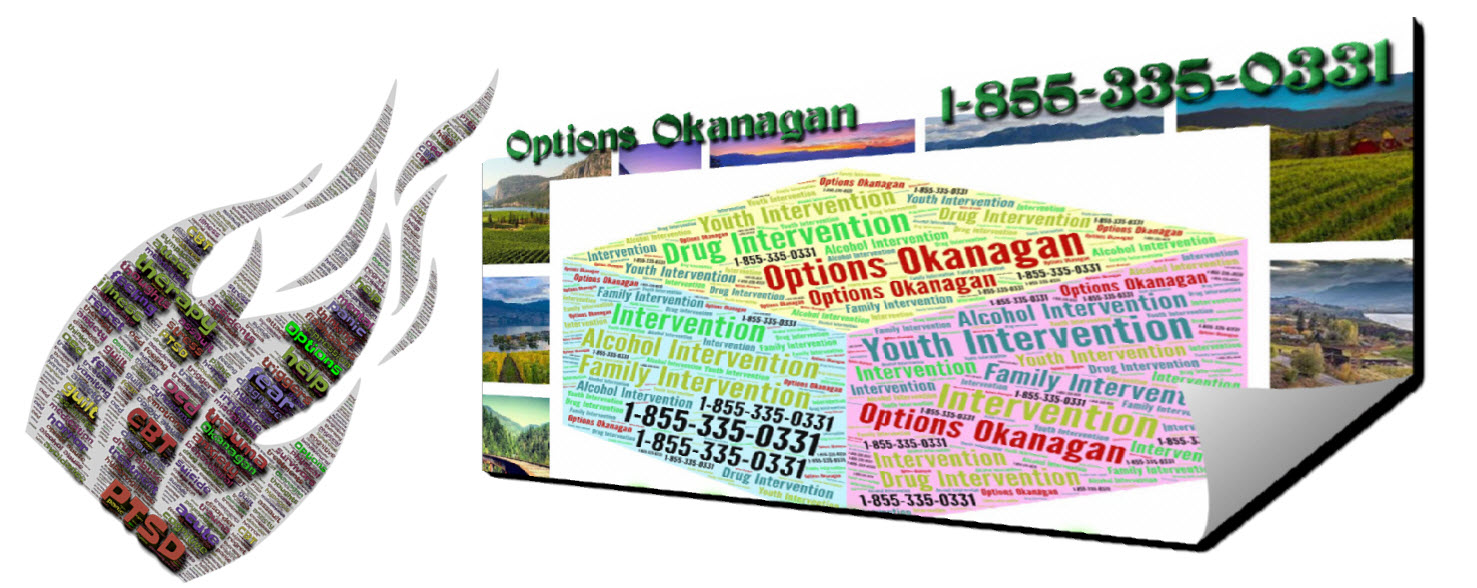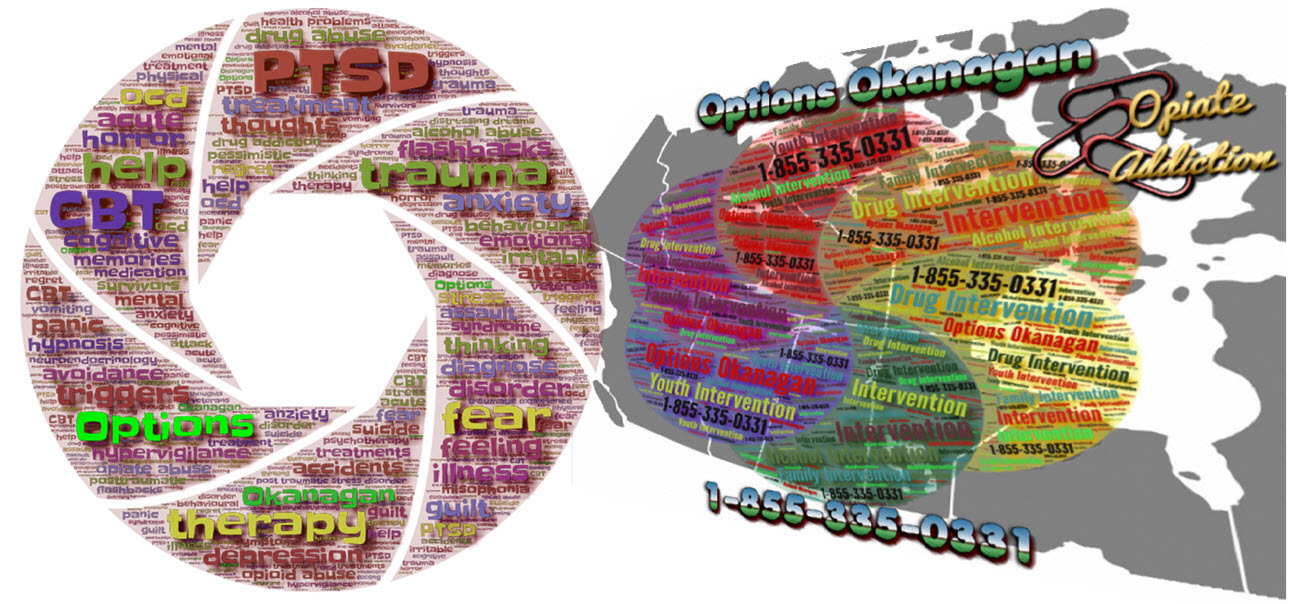Helpful tips for survival in a world that is increasing in uncertainty. Mental health disorders and opiate rehabilitation programs in British Columbia and Alberta – Options Treatment Center in Kelowna, British Columbia treating prescription drug, opiate, fentanyl, heroin, and alcohol addiction and recovery.
Prescription Drug Rehabs In Alberta And BC
Nothing is safe in life. The sooner individuals think about this fact, the easier it will be for them to deal with uncertainty. A number of studies done showed that Canadians and Americans are increasingly less tolerant of this world’s uncertainties.
In most situations, most people do not like uncertainty, but some are better at it than others. A number of studies have linked high intolerance with uncertainties, and insecurities with anxiousness and anxiety disorders, obsessive-compulsive disorder, PTSD, clinical depression, and eating disorders.
Mental Health Disorder Programs In Alberta And BC
Although nothing can reduce uncertainty in political situations, individuals can learn to reduce intolerance to uncertainty by using this science-based strategy.
a) Step by step to deal with uncertainty
Even though individuals face uncertain situations every day, they often avoid the inconvenience of dealing with uncertainty.
If a person is unsure about the best way to get on with work, they can then immediately seek help, review, or delay. As an individual prepares for the day, uncertainty about the weather or traffic is quickly destroyed by an Internet search. In the same way, questions about the presence of family members, friends, or emotions can be answered immediately by sending a text message or checking social media.
All this avoidance of insecurity and uncertainty leads to short-term relief, but it reduces a person’s ability to tolerate something that is sure and complete in the long-term.
Tolerance such as muscle weakness when not in use. So work with this muscle when a person faces uncertainty.
Start with small steps, such as hold the urge to check the GPS when they get lost and not under time pressures. Or if a person is going to a concert and resisting the urge again to do a Google search review on the band playing. Next, try sitting down feeling the uncertainty for a while before texting someone because they are late. These discomforts will decrease over-time.
b) Connect for bigger goals
What makes sense or has meaning in an individual’s life? Finding or rediscovering a person’s life goals can help them deal with the uncertainties, stresses, and fears associated with them.
Concentrate on what can go beyond limited human existence and whether it is religion, spirituality, or devotion to something that can reduce anxiousness and depression caused by uncertainties and insecurity.
c) Do not underestimate ones ability to deal with things
An individual can hate insecurity and uncertainties because they are afraid of how they will handle it if something goes wrong. And a person cannot trust their ability to deal with negative situations that their life throws at them.
Most individuals always overestimate how bad they might feel when something negative happens, and will at the same time underestimate their coping skills.
The truth is that many individuals are tough even in many tense situations or traumatic circumstances. If there are terrible results, a person might be able to handle them better than they could have imagined. They should remember this point the very next time, uncertainty begins to turn them upside down.
d) More sustainable through better self-care
Individuals may have heard these points often, but better sleep, exercising more, and prioritize social relationships if they want to live a long, healthy, and happier life.
What a person might not know is that the quantity and quality of their sleep are also related to an individuals’ ability to deal with uncertainty. Exercising, especially cardio diversity, can improve a person’s ability to deal with critical situations and reduce stress, anxiousness, and depression. Recent newer studies have shown that regular exercising can even prevent anxiousness and anxiety disorders from occurring.
Perhaps the best tool for dealing with insecurity and uncertainties is to ensure that individuals lead an active and meaningful social life. Loneliness basically weakens an individual’s security and makes it very difficult to deal with the unexpected nature of life.
If an individual only has a few family members or close friends, they will feel that they are not alone, which can protect them from mental health issues and physical problems.
e) It is ok to believe that absolute security and certainty is not possible
Nothing is certain or safe in life. The sooner an individual thinks about this true fact, the easier it will be for them to deal with things.
In addition, repeated attempts to predict and control everything in life can trigger reactions that lead to psychological, mental problems such as obsessive-compulsive disorders.
Despite the great progress of civilization, the fantasy of absolute control of humanity over the environment and its destiny is still a fantasy. So individuals should accept the reality of uncertainty and enjoy their life’s journey.
Options Okanagan Opiate and Alcohol Treatment Centers in Kelowna, Salmon Arm and Vancouver, British Columbia – Men and Women are recovering and healing from Alcohol and Drug Abuse at our treatment center here in the Okanagan right now.
Our unique and distinctive Opiate Drug and Alcohol treatment program allow men and women to come in from Calgary as well as Edmonton as we offer airport pickup.
Numerous clients come to us from Vancouver, Calgary, and Edmonton and other locations in Alberta and even other provinces for Opiate addiction treatment, heroin drug treatment, many other drugs, and alcohol addictions for rehabilitation because of the uniqueness of our treatment center.
Our (Kelowna) Alcohol and Drug Treatment Program Location:
(Not Mailing Address) – Contact Us – Web Page
For Mail Delivery :: Please contact each center for correct mailing addresses, also this location is the location of our residential treatment programs in Kelowna. Please call Toll Free 1-855-335-0331 – to contact the treatment center you are going to for the address and directions.
Options Okanagan Drug and Opiate Treatment Center
551 Sherrydale Crescent, Kelowna, British Columbia, V1V 2E6
Toll-Free Phone Number: 1-855-335-0331


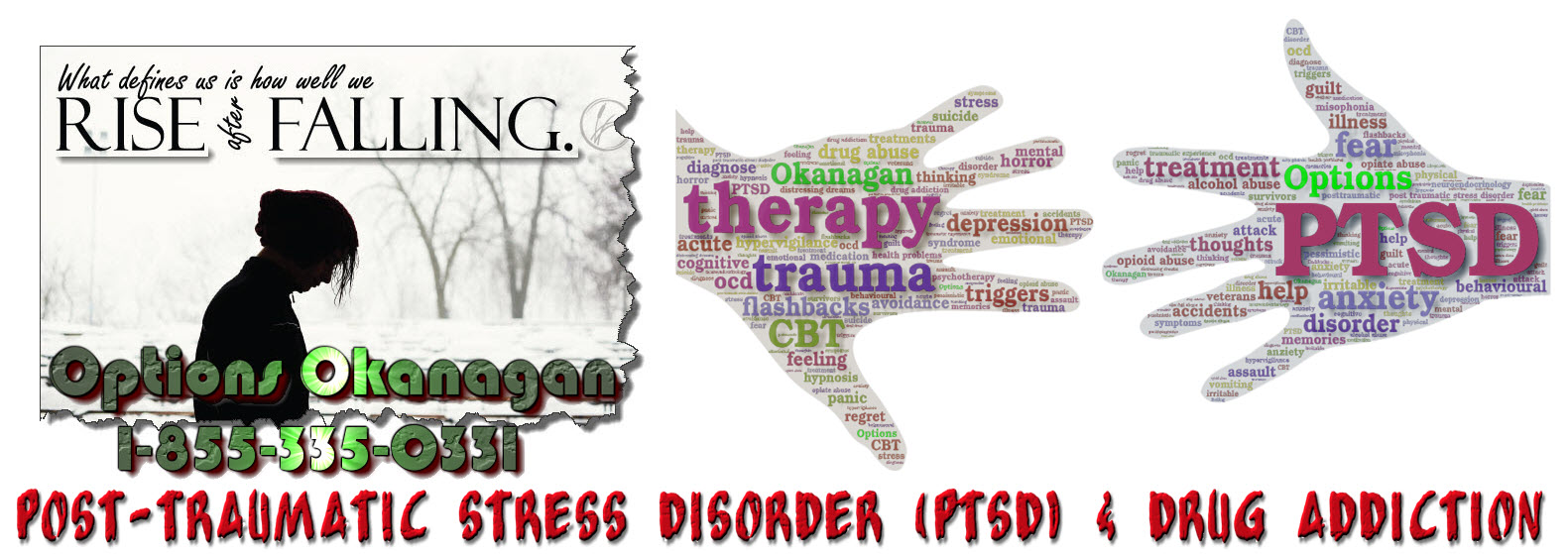
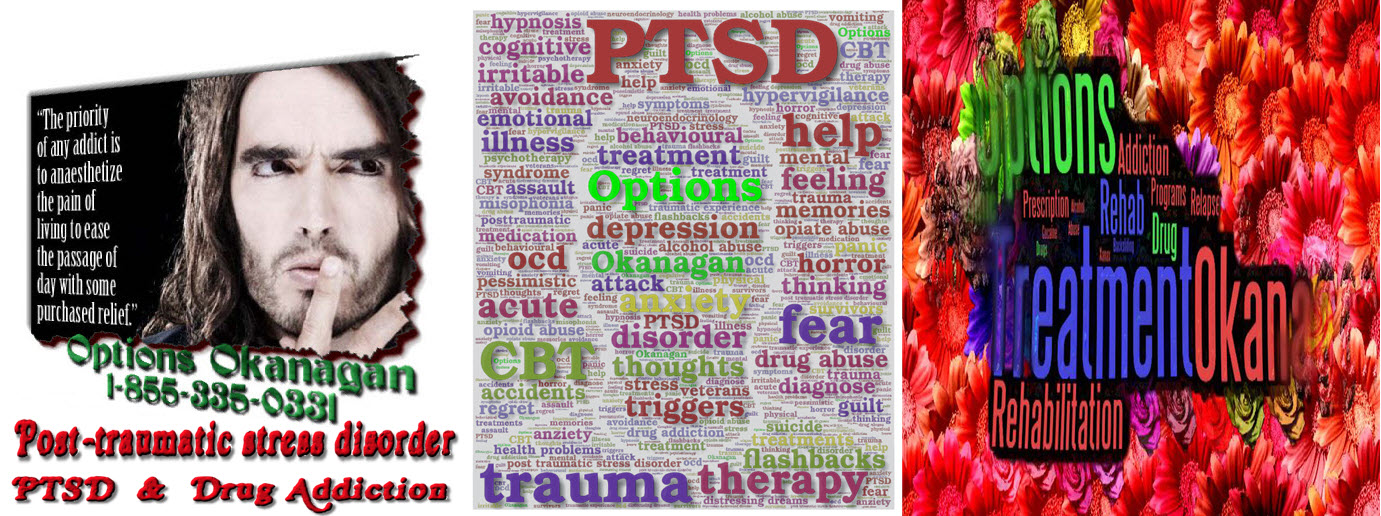

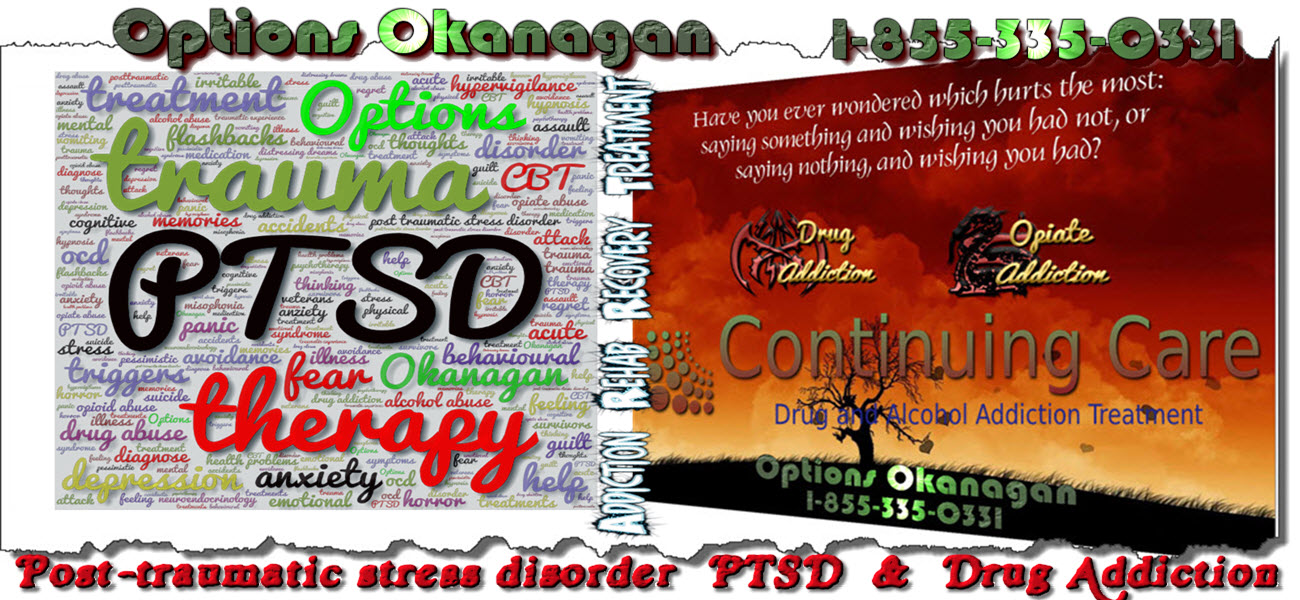
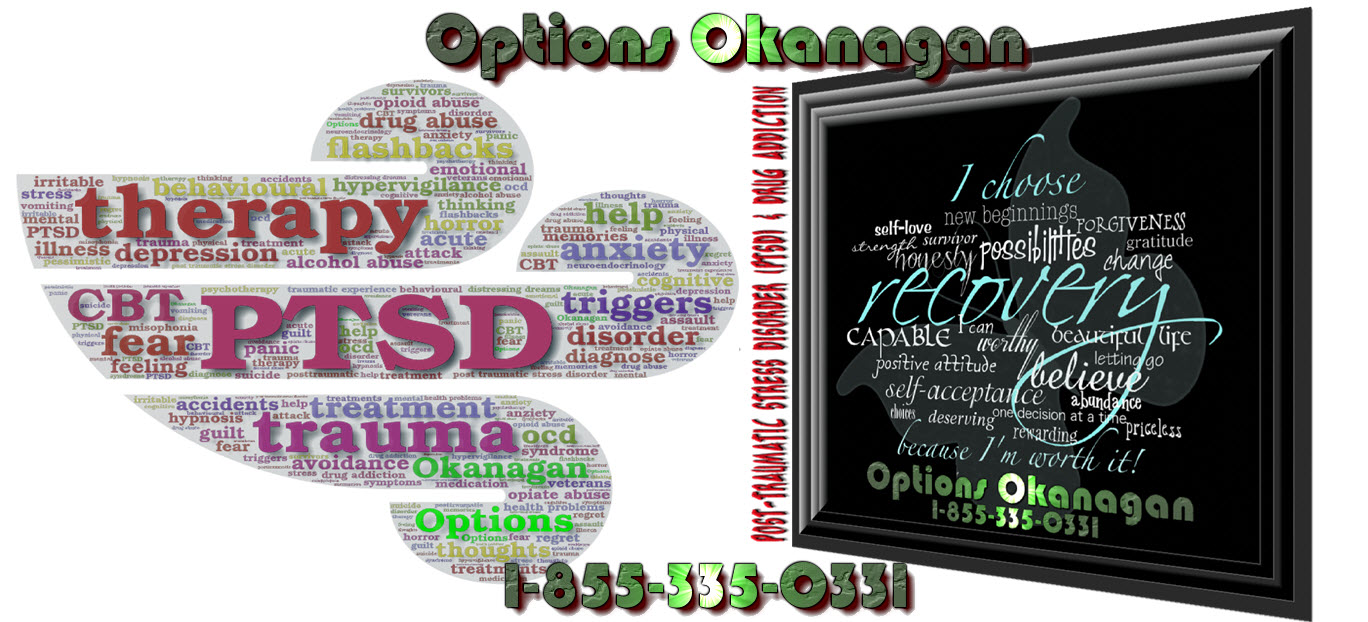
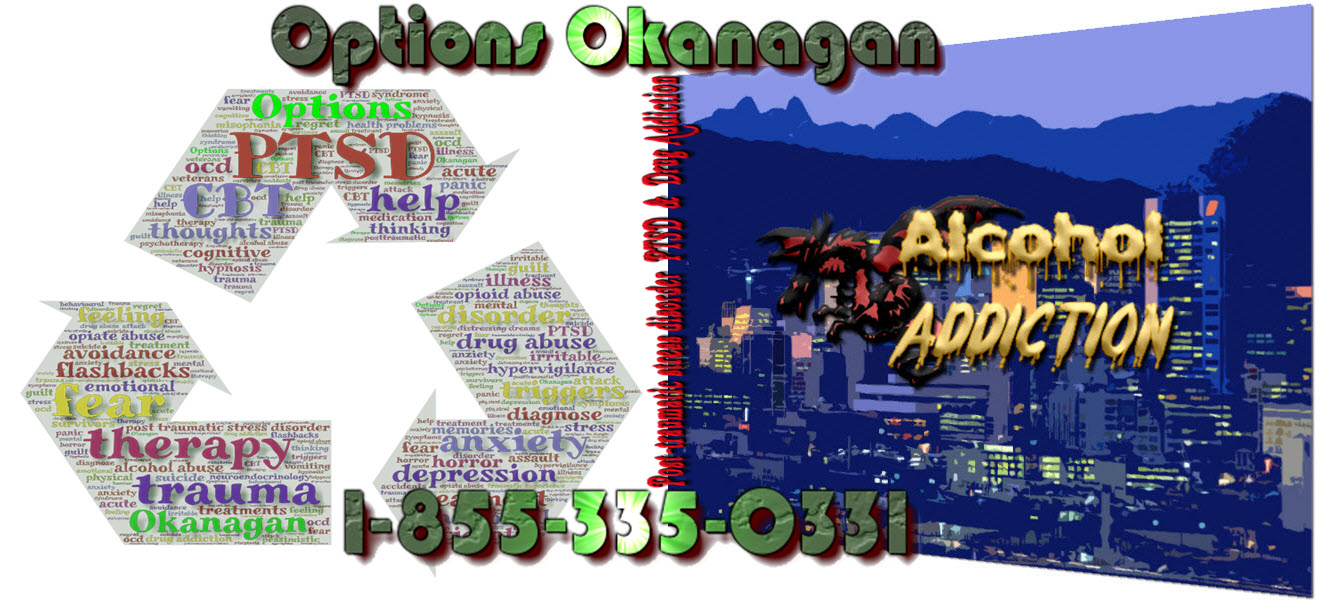
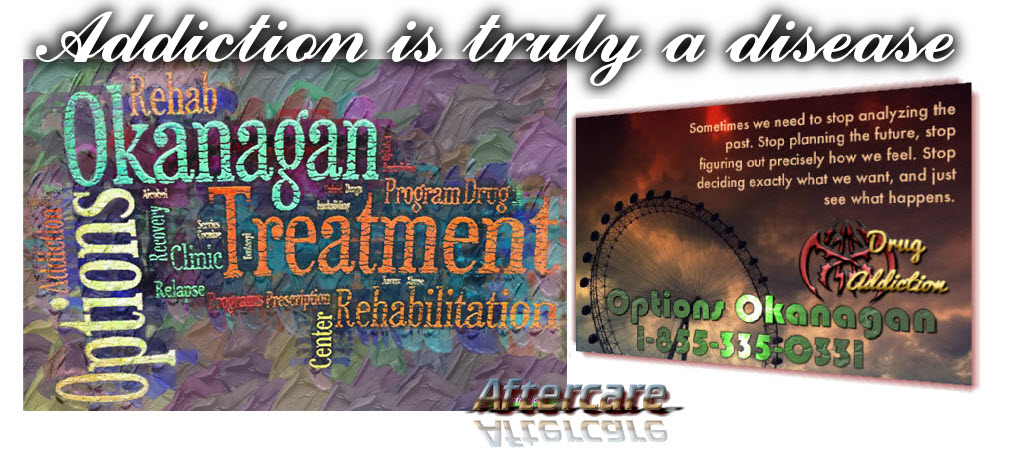
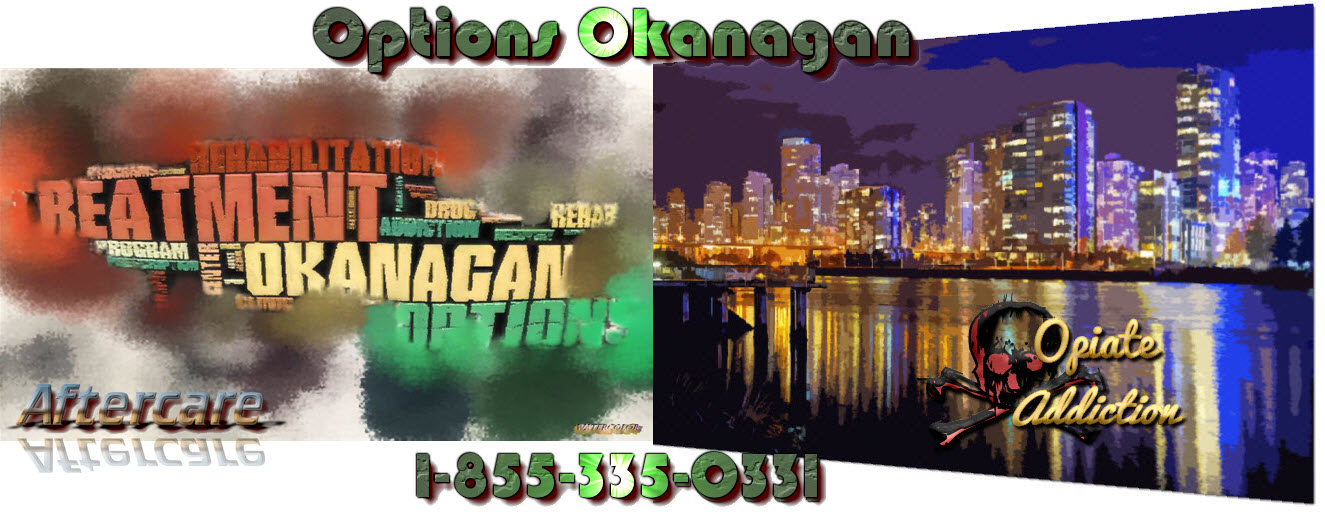
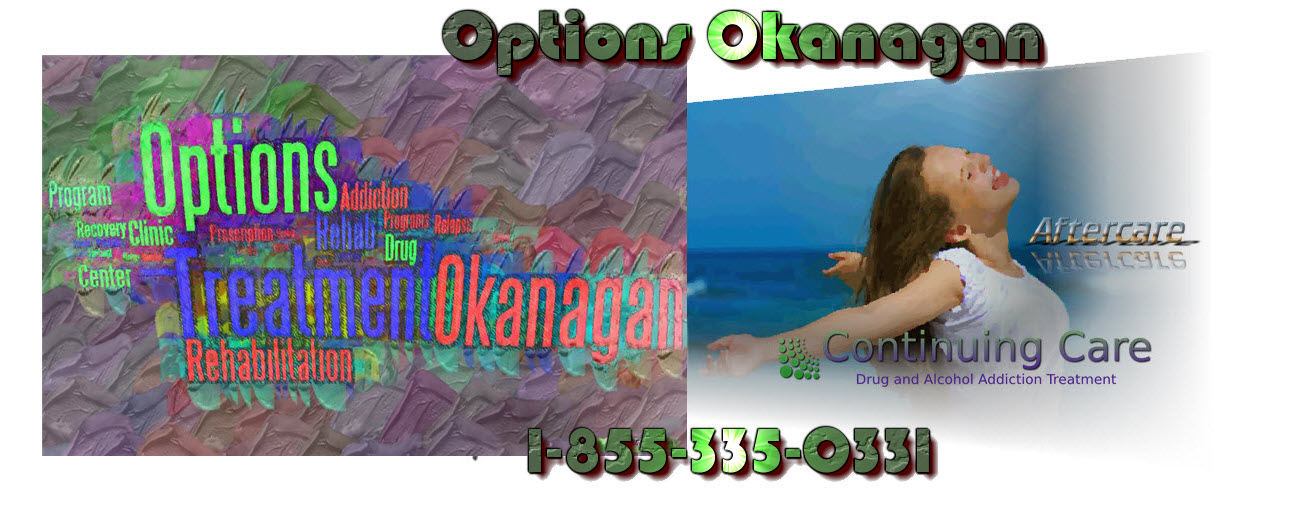
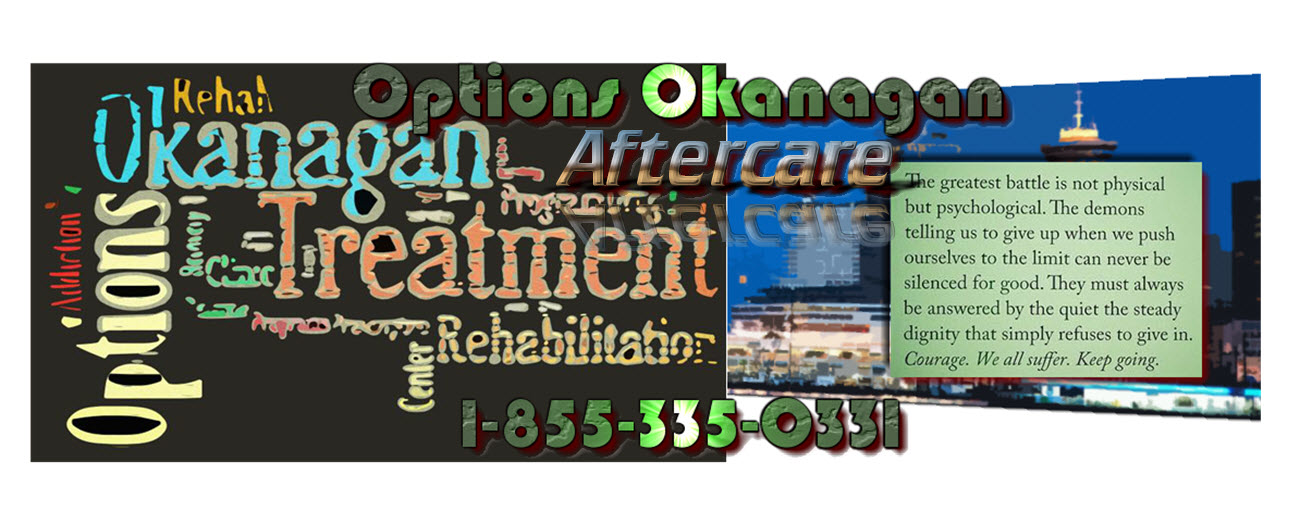

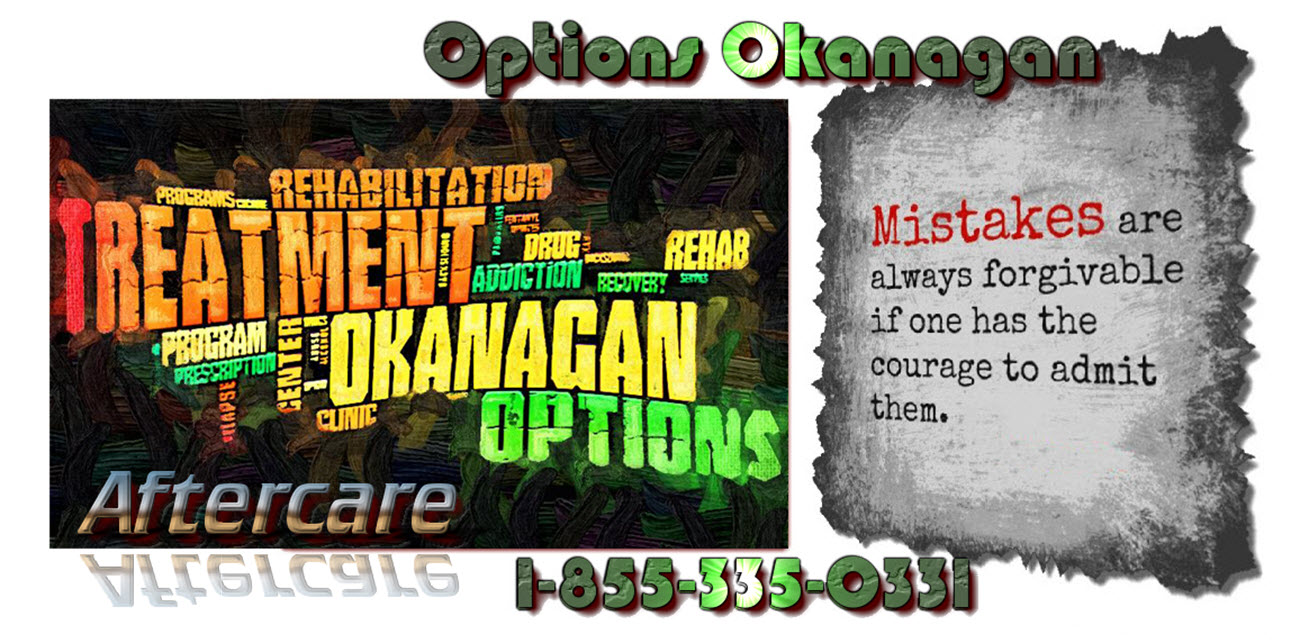
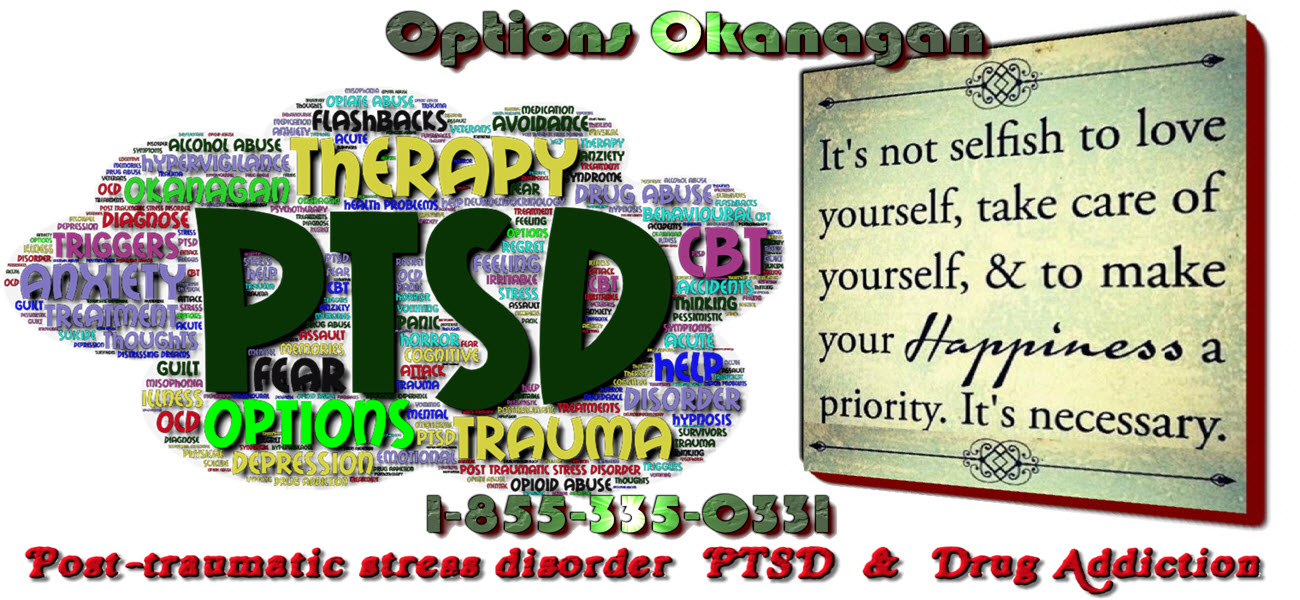
 or Mental Health Disorder Treatment Programs in BC and Alberta - Options Okanagan.jpg)
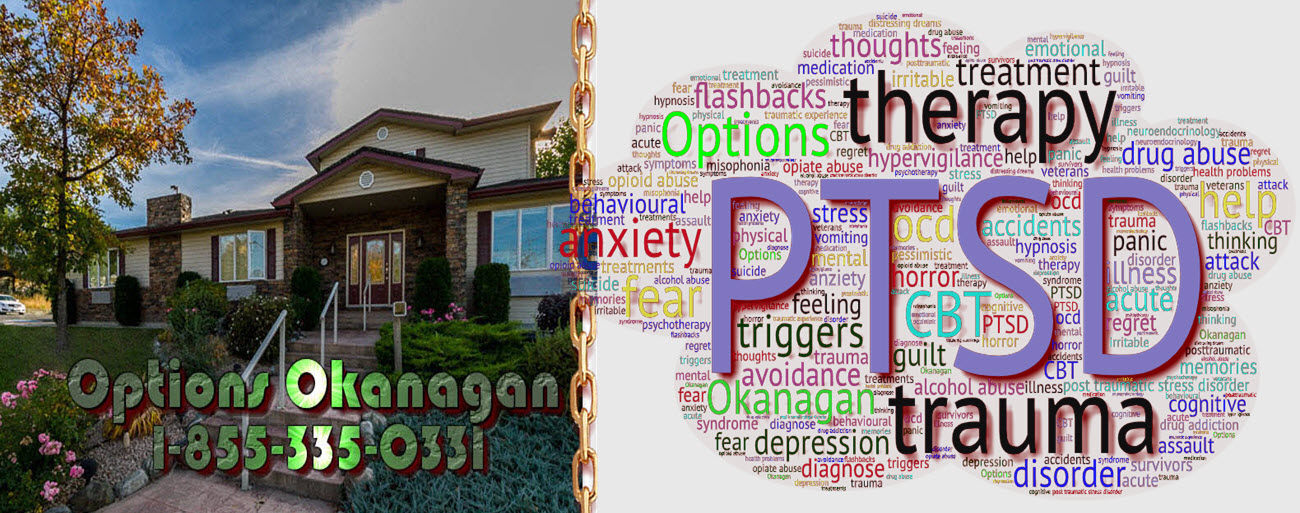
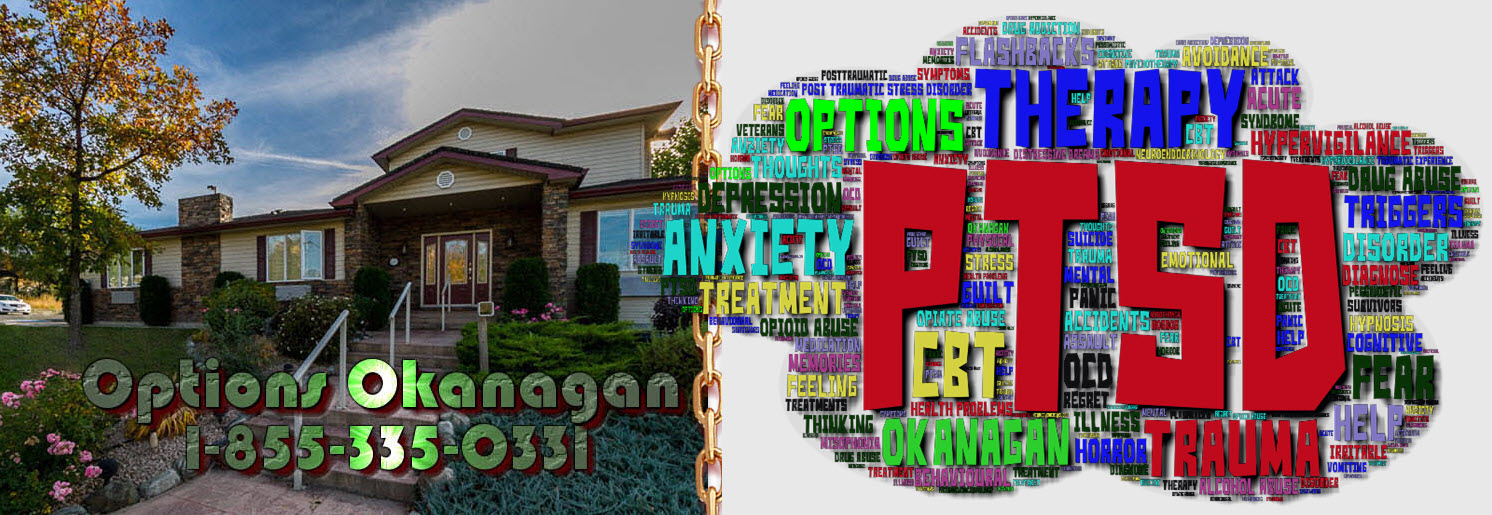
 and Trauma Rehab Centers in Alberta and BC - Options Okanagan.jpg)
 and Trauma Treatment - Mental Health Disorder Programst in Alberta and BC - Options Okanagan.jpg)
